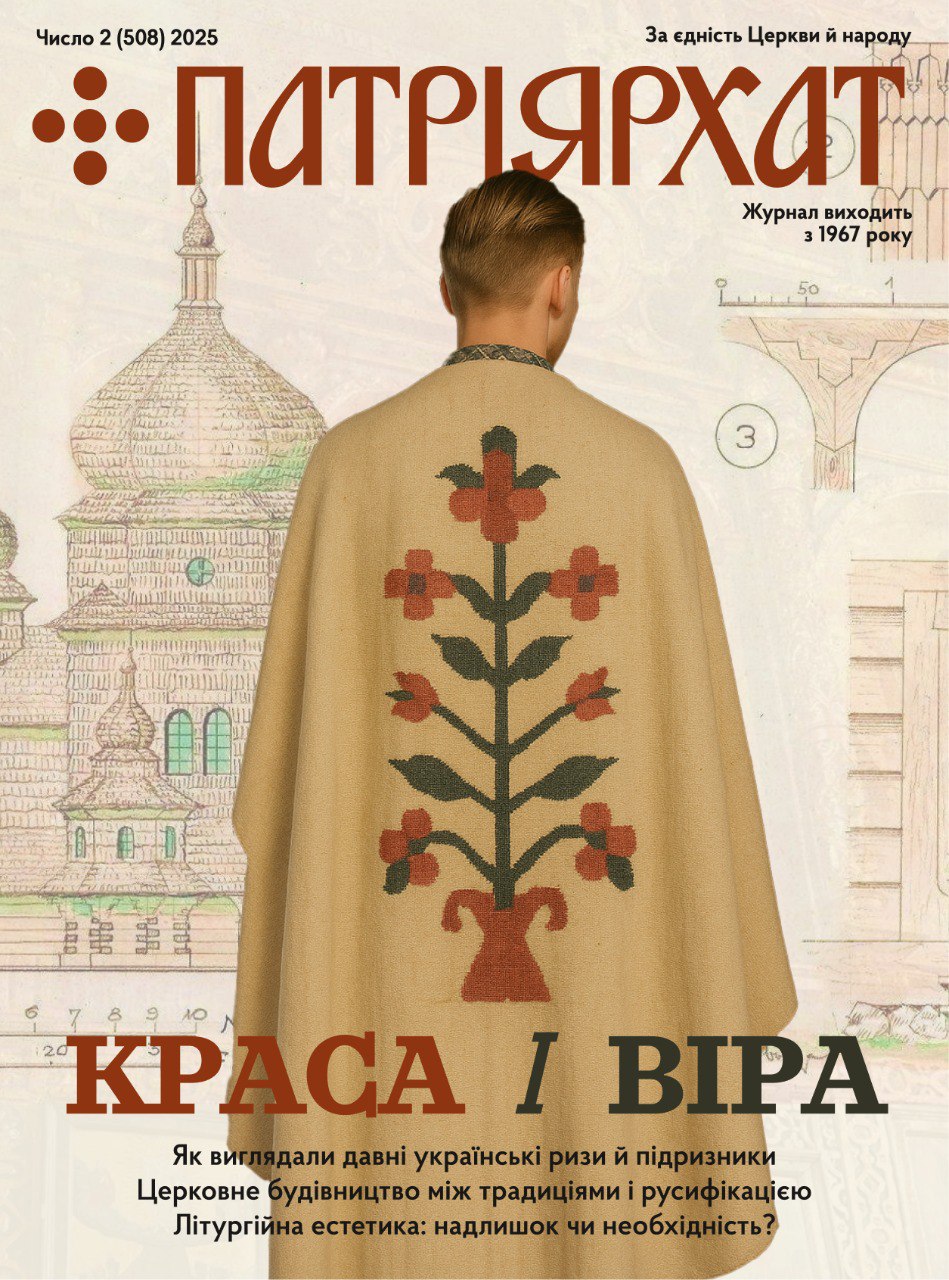November 22, 1973
The Ukrainian Catholic community is celebrating three events during the week of November 18 – 24.
1) the relocation of the remains of Metropolitan Joseph Sembratovych from Campo Verano to the crypt of the Ukrainian Sobor of Saint Sophia in Rome:
2) the commemoration of the 350th anniversary of the martyrdom of Saint Josaphat Kuntsevych: and
3) the convening of the Sixth Archiepiscopal Synod of the Ukrainian Catholic hierarchy.
There is a striking variance between the significance and their interpretation by certain Vatican authorities.
1) The biography of Metropolitan Joseph Sembratovych (1821 – 1900) is a tragic one. He was removed from his office as Metropolitan of Kiev-Halych at the wish of the Emperor Franz Joseph I and ordered to Rome. There he was given the title of Archbishop of Theodosiopolis, was named a consultor to the commission on the Index, and the chairman of the Papal Commission for the Revision of Church Books. In other words, he was deprived of his metropolitical seat, confined to Rome, and through the collusion of the papal authorities with the great political powers of the day, had his impact at home neutralized. Although he was given honorific titles, he was rendered impotent on behalf of his own flock. He lived out his life a lonely exile.
The biography of Metropolitan Joseph Sembratovych offers striking parallels to that of his successor in the See of Kiev-Halych, Major Archbishop Joseph Slipyj.
2) In his commemorative letter «on the death of Saint Josaphat» (curiously addressed to Cardinal Paul Philippe, Prefect of the Congregation for the Eastern Churches rather than to the Ukrainian Primate and his hierarchy) Pope Paul conveys the impression that Saint Josaphat’s greatness lies in his zeal for unity with the See of Rome, By oversimplifying the historical complexity of the time, he minimizes, the discord and injury to unity which the martyr dom of the saint brought to the Ukrainian Church. In contrast, the joint pastoral letter іssued by the Primate of the Ukrainian Catholic Church. His Beatitude Joseph Slipyj», Together with his bishops, clearly affirms that there is a deep ecumenical meaning in Saint Josaphat’s life and death – the mutual forgiveness of each other’s past faults and the reestablishment of a united Church on the basis of a Kiev patriarchate.
3) Rumors have been rife since the announcement of the convening of the Sixth Archiepiscopal Synod that there is talk of disloyalty and even of schism within the Ukrainian Catholic Church. It has been claimed that the Holy See is opposed to such an assembly. It has been alleged that the bishops invited were reluctant to come. With ten bishops and one episcopal representative out of a total of sixteen and two bishops justifying their absence, there is no basis for such a rumor. As to disloyalty, any talk of schism would represent a retreat on the part of the Ukrainian Catholics in their struggle for papal recognition of patriarchal status for their church. No question exists in the minds of the Ukrainian hierarchy or faithful that their church is already constituted as a patriarchate.
The Fourth Archiepiscopal Synod of the Ukrainian Catholic hierarchy, meeting in Rome in I969, solemnly proclaimed the patriarchal status of their church and their choice of Major Archbishop Joseph Slipyj as their first patriarch, and submitted these decisions to the Holy See. During the last archiepiscopal visitation of the Major Archbishop to Australia. Canada, and the United States, he was received and acclaimed as patriarch by the Ukrainian Catholic faithful and was so commemorated by the Metropolitans and Bishops at public liturgies and non-liturgical functions.
All that remains now is the announcement by the Holy See of it’s recognition of the bishops synodical action in elevating their major Archbishop to patriarchal rank, an announcement which is expected momentarily.
Dogmatic questions, resolved at the Union of Brest in 1596, have not since been a factor in relations between the Ukrainian Catholic Church and the Roman See. Principles of authority and church administration have served as points of controversy in their relations during the last decade.
The present synod is unquestionable a historical meeting of the hierarchy of this Particular Church. They are considering a constitution guaranteeing to their Church the patriarchal structure adopted in 1769; the convening of sobor, a full and solem legislative assembly which will include not only bishops, but representatives of the clergy and the laity( and finally they are observing the anniversary of the heroic death of St. Josaphat Kuntsevych at a concelebrated Pontifical Divine Liturgy in the Basilica of St. Peter’s where a Ukrainian Primate will be commemorated for the first time as “Our Patriarch Joseph I, of Kiev and Halych”. The principle of patriarchal structure has been reaffirmed, its canonical basis defined, and plans laid to implement its autonomy at a forthcoming sobor.
The significance of such a Series of events is difficult to exaggerate. Here is a body of bishops, united synodically around their patriarch, listening to the mandate of the Second Vatican Council to return to those practices of church government which have fallen into disuse, through the imposition of Latinizatiori” from without. They have acted in the face of strong opposition from influential quarters which have no desire to witness a unified and vigorous Ukrainian Church, giving an example to the entire Christian world of responsible, mature, autonomous church government in spiritual union with Rome but inspired and formed by their own usages and traditions which evolved over centuries preceding their voluntary union with the See of Rome in 1596. The Ukrainian Catholic Church now awaits the response of its Western Catholic brethren, hoping for charity, wisdom, and justice, but determined to act, rule, and be governed in a manner trae to their own conciences and to their own history.
Released by:
The Public Relations Department of the Society
for a Patriarchal System in the Ukrainian Catholic Church
Eva Piddubcheshen, Chairman.

